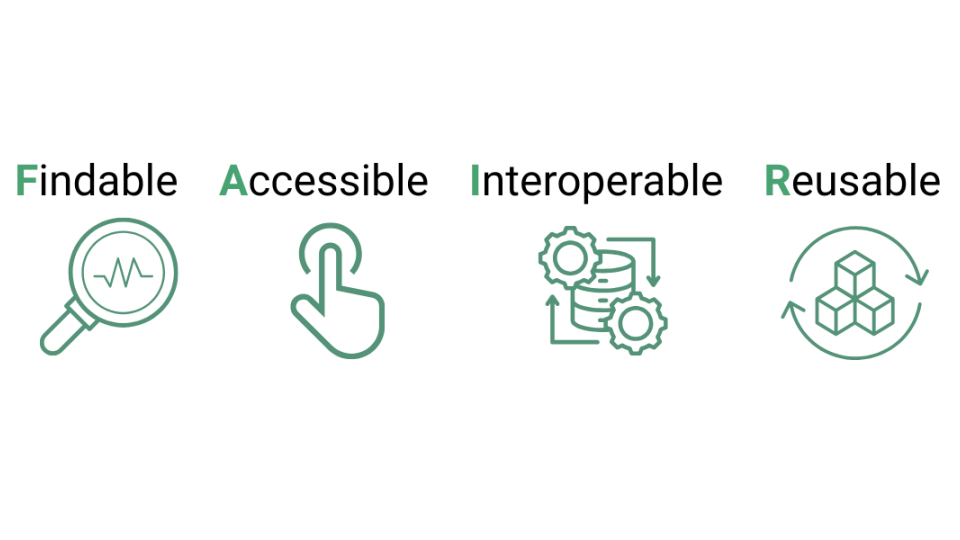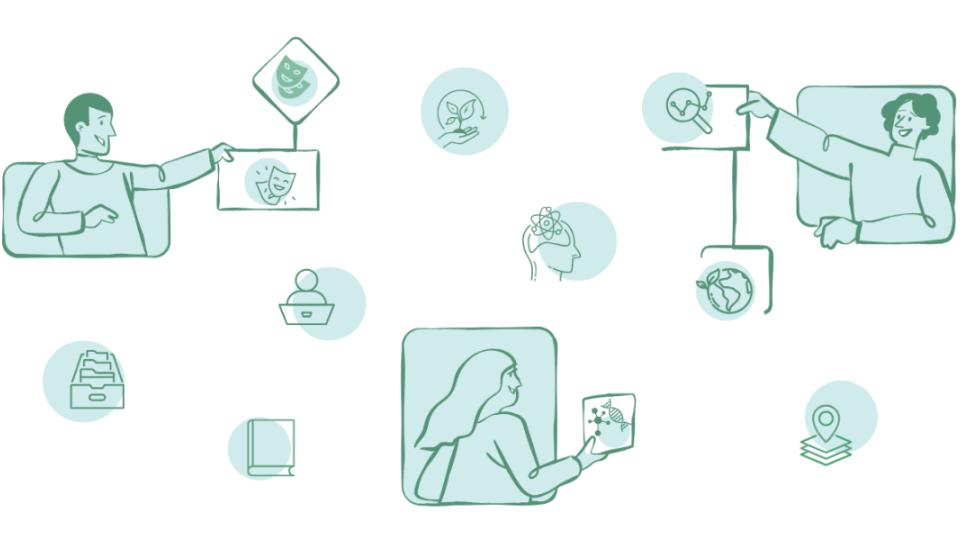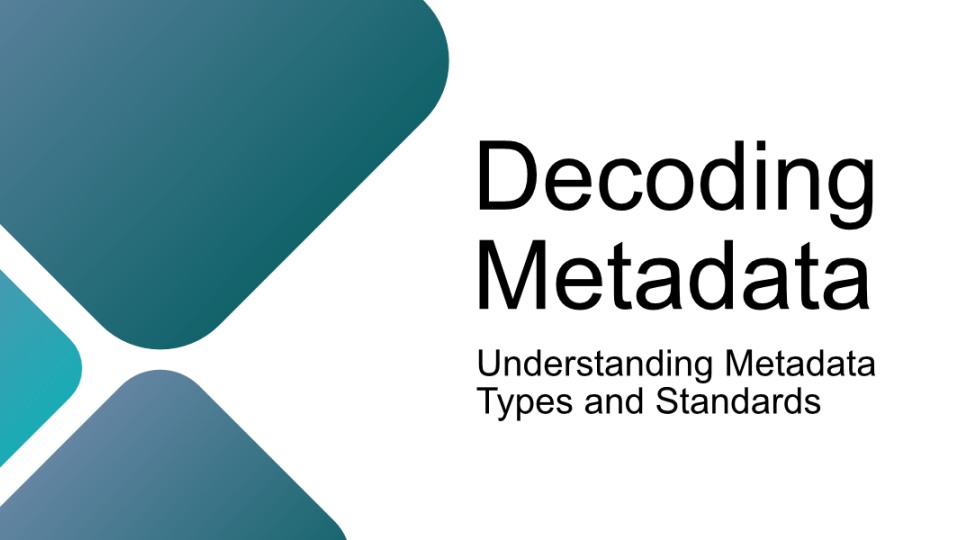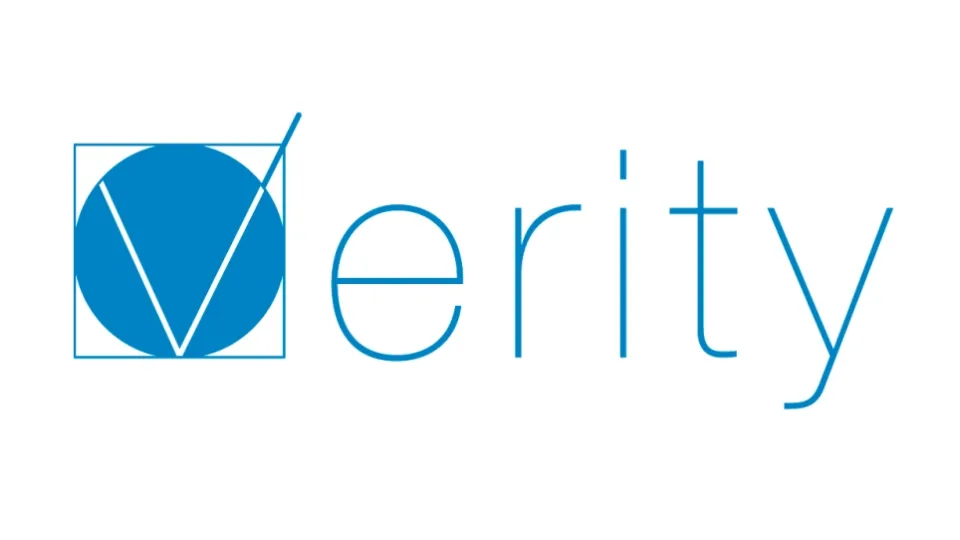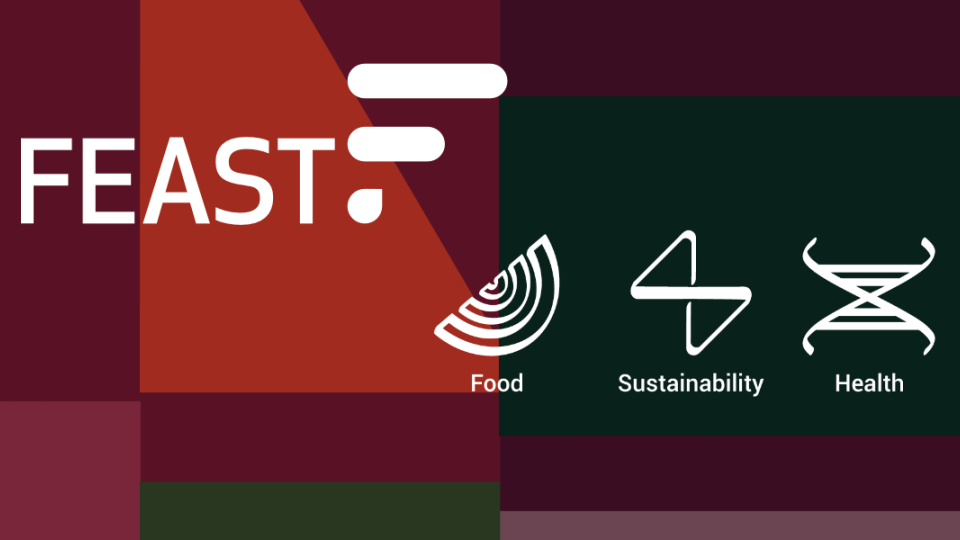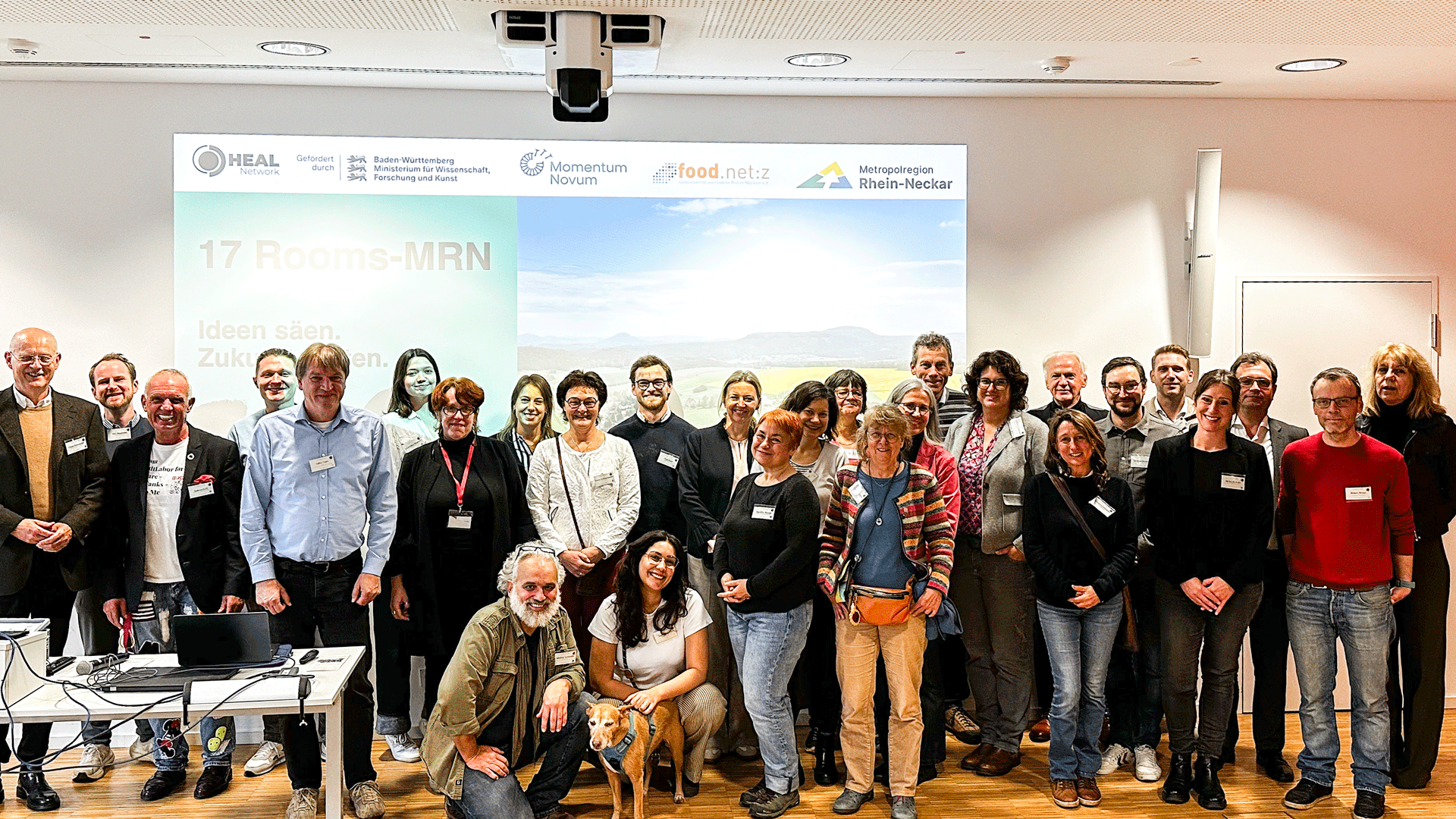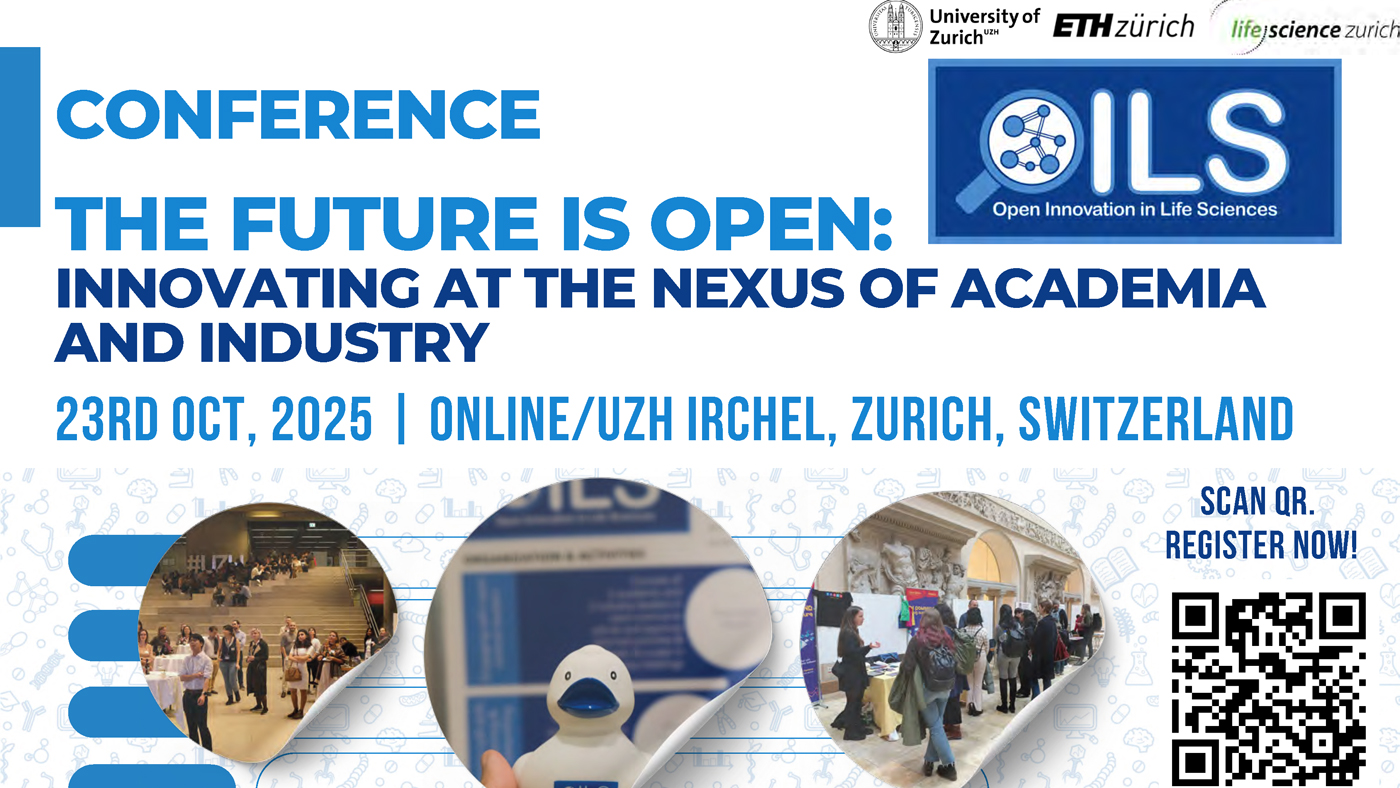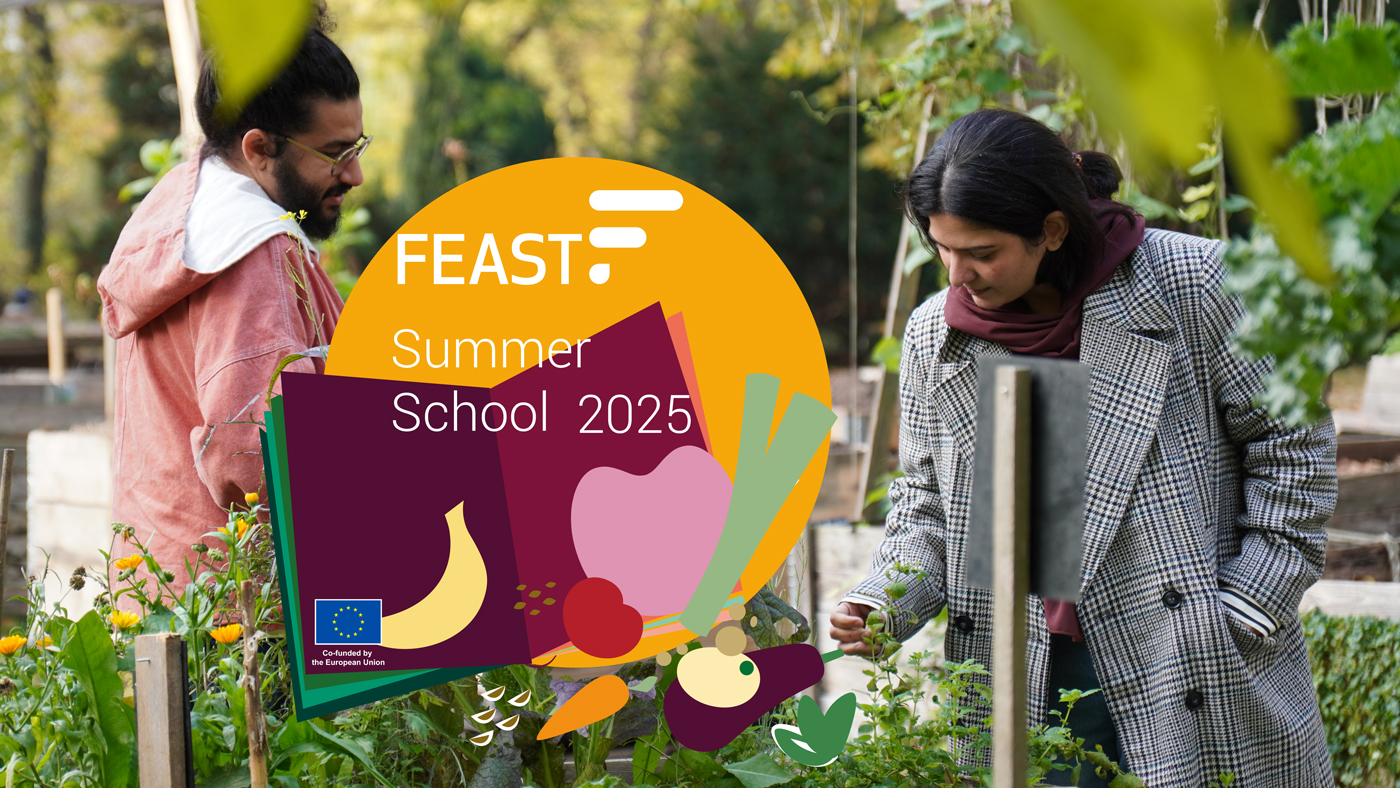- infrastructure
- metadata
- findable, accessible, interoperable and reusable
- skills and training
- rewards and recognition
- FAIR
- communication
- trust
- impact
- persistent identifier (PID)
- digital skills
- cloud computing
- open science policies
- data management
- research infrastructure
- licenses
- ethics
- publishing
- share and find
- digital object identifier (DOI)
- open access publishing
- pre-print
- repositories
- open research europe
- skills and training
- trust
- FAIR
- impact
- digital skills
- data management
- ethics
- open access
- publishing
- pre-print
- repositories
Knowledge should be shared at all stages of the research and innovation lifecycle and across the different disciplines, which makes it of particular importance to integrate open science practices as an elementary component from the beginning of each project.
The FAIR principles (Findable, Accessible, Interoperable and Reusable) will become the basis for research work. Several measures and methods need to be implemented in research and innovation projects to foster dissemination, communication and exploitation of research outputs.
We are a team of scientists and media experts. Our goal is to create a platform to make open science easier and exchange knowledge about the latest trends and best practices in the field of open science, and we are therefore looking for exciting projects, initiatives and groups committed to open science.
Latest Articles from the open science community
As much as we agree on “data is the new oil”, if we think about it closely, it is the only oil that keeps the world running!
In the previous article, we explored the term metadata, its origin, and its releva
Metadata is a word trending in the scientific community for as long as data exists.
